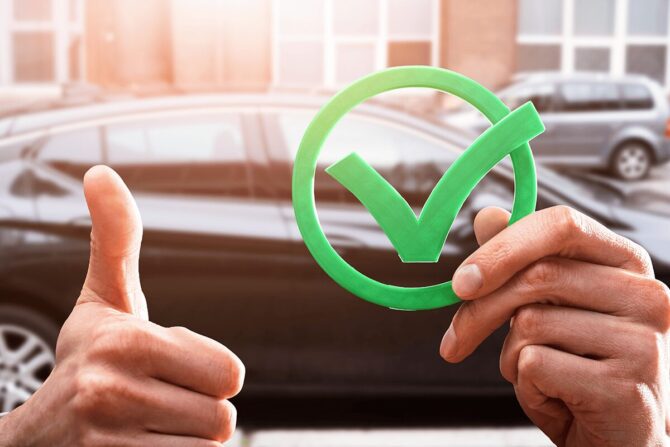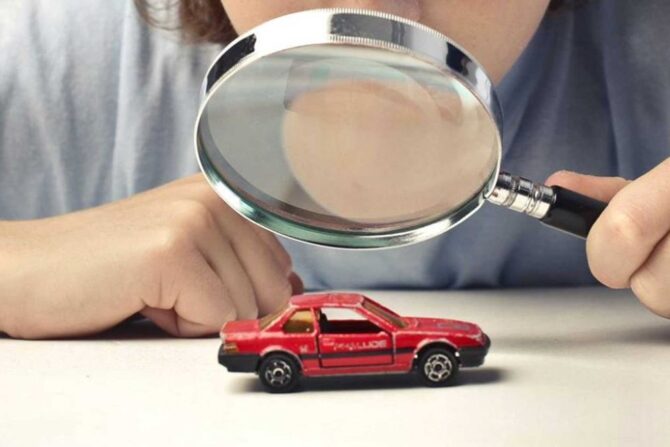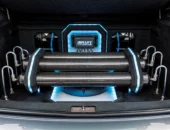
When it comes to buying a used car, there’s one crucial step that every potential buyer should take: a thorough car history check. It’s a step that’s often overlooked, but it can make all the difference between a great purchase and a costly mistake. In this blog post, we’ll delve into the world of car history checks, exploring what they are, why you need one, and how to conduct a comprehensive check.
What is a Car History Check?
A car check, as the name suggests, is a comprehensive report that provides detailed information about a vehicle’s past. It’s like a personal history report for an automobile, revealing important details that can significantly impact your decision to buy. These reports are generated by compiling data from various sources, including government records, insurance companies, and automotive dealerships.
What Information Does it Include?

Source: firstcar.co.uk
A typical car history check will include a wealth of information about the vehicle in question. This information can vary depending on the provider, but it generally includes:
- Title Information: This section provides details about the car’s title history, including any salvaged or rebuilt titles. It also shows if the vehicle has ever been reported as stolen or involved in a serious accident.
- Odometer Readings: Odometer fraud is a common issue in the used market. A car check will include a record of the vehicle’s odometer readings, helping you verify its true mileage.
- Accident History: You’ll find information about any reported accidents in this section. This can be invaluable in assessing the vehicle’s overall condition and safety.
- Service Records: Some car history reports include service and maintenance records, which can give you insight into how well the auto has been cared for.
- Ownership History: This part of the report lists the number of previous owners and how long each of them owned the vehicle. It can help you identify if the car has changed hands frequently.
- Recalls and Lemon Law Check: A car check will also inform you if the vehicle has any outstanding recalls or if it’s ever been classified as a lemon under consumer protection laws.
Why Do You Need a Car History Check?

Source: motorscan.co.uk
Now that we understand what a car history check is, let’s address the burning question: why do you need one?
Avoiding Hidden Problems
First and foremost, this control helps you uncover hidden problems with the vehicle. By revealing past accidents, title issues, or major repairs, it provides a transparent view of the car’s history.
Negotiating Power
Having a car history report in hand can also give you an edge in negotiations. If the report reveals issues that the seller hasn’t disclosed, you can use this information to negotiate a lower price.
Peace of Mind
Perhaps the most significant benefit is the peace of mind it offers. Knowing that you’ve done your due diligence and have a clear understanding of the vehicle’s history can make the buying process less stressful.
Conclusion
In conclusion, a car history check is an essential step when buying a used car. It provides a comprehensive overview of the vehicle’s past, helping you avoid hidden problems, negotiate effectively, and gain peace of mind.



